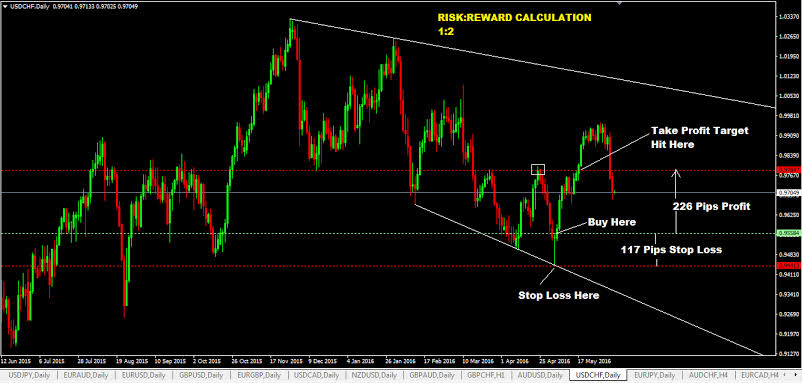THE PSYCHOLOGY OF RISK MANAGEMENT.
.jpg)
The dirty little secret in trading, and that it’s not the entries, but the exits that makes a trader consistent. And that goes a long way in understanding why struggling traders spend so much time searching for the perfect set-up or entry. They want certainty, and anyone who’s been around a while in this business knows the only thing that’s certain in trading is that there will always be uncertainty. There are two broad tasks we must address as traders: 1) learn to tolerate uncertainty, and 2) utilize risk mgt. to protect our accounts.
One of the biggest differences between a successful trader and a struggling or breakeven trader is the focus on risk management. While reading the literature on risk management I came across a study about decision making under conditions of uncertainty. The study showed how commercial airline pilots (pros) focus more on risk management, even on a subconscious level, versus amateur pilots flying small aircraft who subconsciously seek more risk; and it showed the accident rate is much lower for the pros.
Something similar happens in trading, with the larger, more successful traders focusing on risk management and less successful traders more on prediction (and risk seeking due to the lack of risk management). I’ve previously written that the job of a successful trader is to look for opportunities, make hypotheses, and manage risk, whereas most struggling traders are stuck in prediction mode and the associated minimal focus on risk management.
Risk management, or lack of, can be seen as an expression of one’s psychology. In trading there exists a continuum of risk, with risk seeking at one extreme, and risk avoidance at the opposite extreme. Do you know where you are on this continuum? Is your spot on the continuum similar for trading compared to other areas in your life? Are there some differences depending upon on the area or specific activity?
Risk management includes money management and position sizing. Consider for a moment what using excessive leverage and exposing your account to significant losses does to us. Besides the financial loss, it elicits a neuro-biological and psychological response (fight, flight, fright, or freeze) that makes it very difficult to do the right thing to mitigate damage and get back on track. (See here for an article on the brain’s response to financial loss).
Part of risk management involves money management and position sizing. The basic premise in this area is that one needs to instill safeguards to ensure that you live to trade another day. There are books, articles, models and formulas that can give a trader the quantitative parameters. Here’s one very simple example: If I have a 75k futures trading account and I am willing to risk a maximum of 1.5% of my account equity on any one trade, I am saying that I’m willing to risk losing $1125, and will size my position and place my stop accordingly.
While math plays a role in establishing the parameters for proper risk management, it is up to each individual to determine their own psychological limits or parameters. In this effort, I have a cardinal rule in risk management, which is to keep losses small enough so they don’t evoke a biological or emotional emergency and the subsequent maladaptive behavioral response.
Coutesy: Andrew Menakar
Thanks for reading.
Upvote/comment, resteem and follow@joseph-jnr